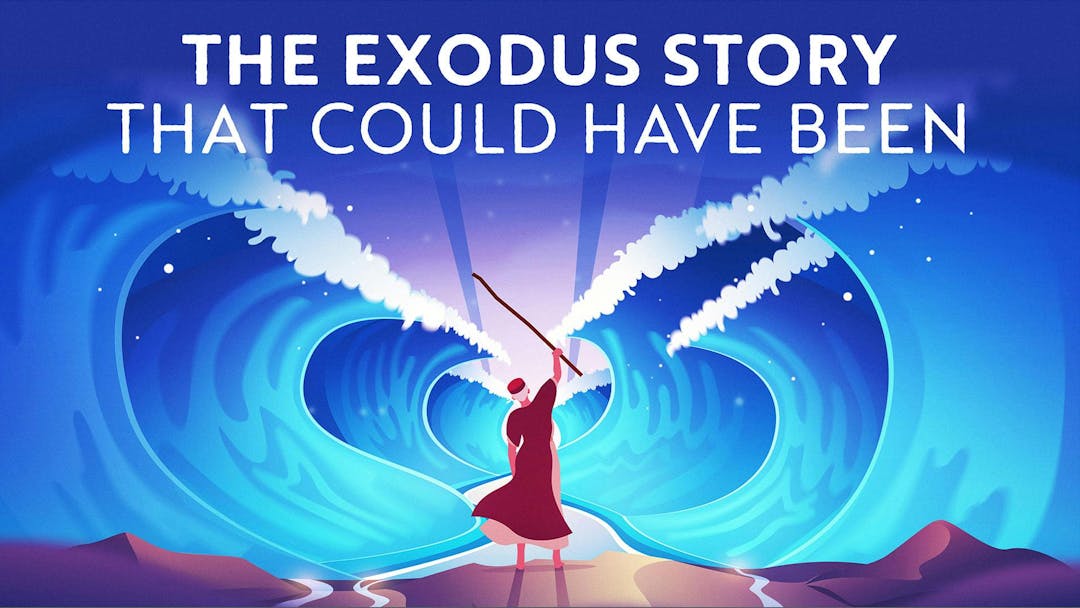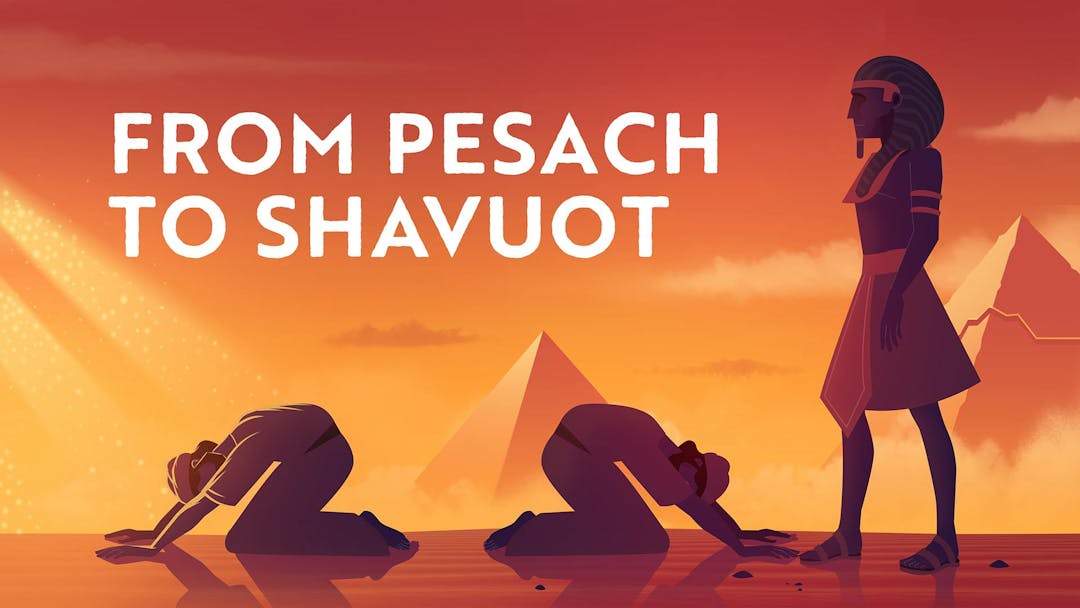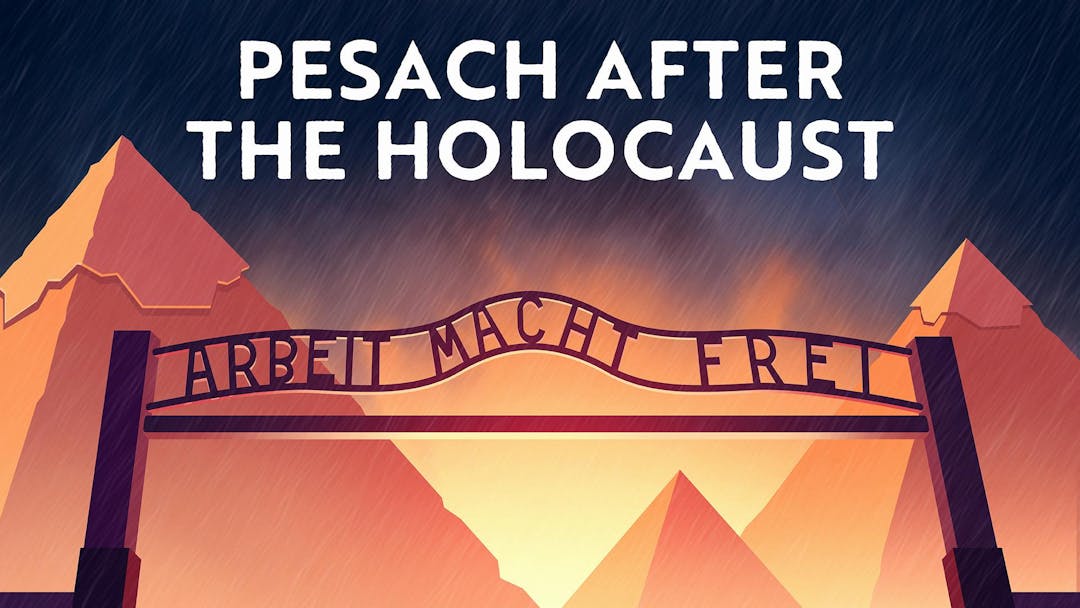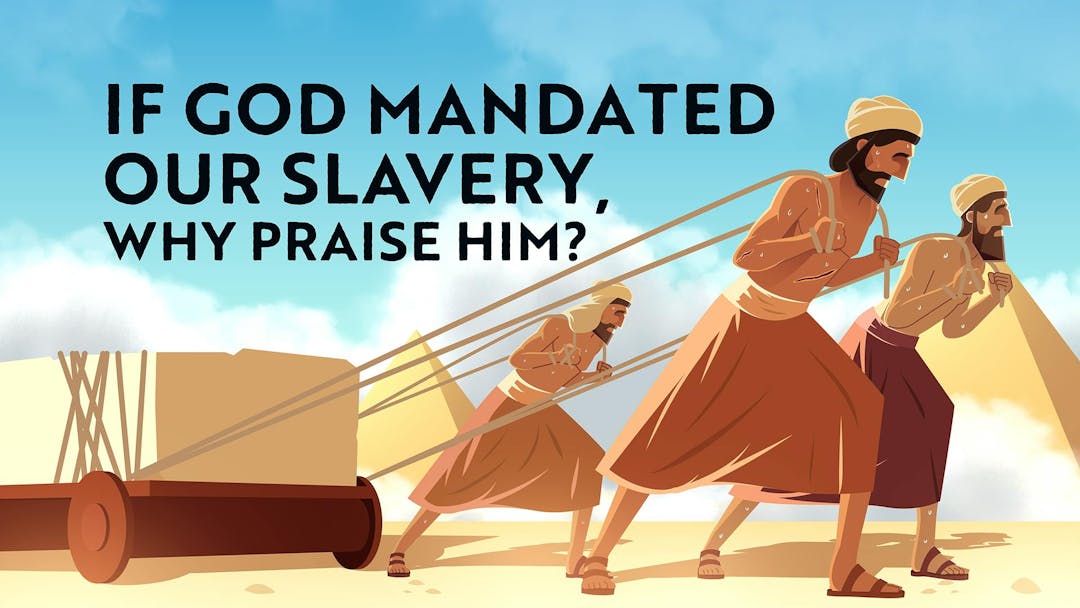Start your free trial today to unlock the full library and enjoy unlimited and uninterrupted access.
Get StartedWhat It Means To Be Chosen By God (Part 1 of 8)
What Does It Mean To Be Chosen?
At what point in the Bible did God choose His people for all the world to see? And what does it mean to be God's chosen people today, thousands of years later? This is where Passover steps in -- It's the Jewish holiday that explores these big questions.
If we look at the name of Passover, we generally relate its meaning to the final plague. On the night of the death of the firstborn child, the Israelites were "passed over" by marking their doors with blood. But why does the word Passover – Pesach – only direct our attention to one of the ten plagues?
Further, the last plague was also the only one the Israelites had to be spared from, unlike the other plagues where they enjoyed a kind of diplomatic immunity. They were only saved if they respected God's requests through action. What was so different about the plague of the firstborn? Do these puzzling connections suggest a deeper significance behind Passover?
Join Rabbi Fohrman as he re-examine the biblical text to look for proof of the moment when Israel became God's chosen nation. Through a deep introspection, discover how Passover is not just about celebrating the Jews' salvation from death and slavery, but also about the birth of God's firstborn nation. Passover is the holiday to reflect on what it means to be chosen by God – and how we can reaffirm our promise to step-up to the responsibility of being God's chosen ones, thousands of years later.
In this video, the first of the course, Rabbi Fohrman asks a few fundamental questions about the holiday of Passover that lay the foundation for the rest of the course.
Discover other great passover videos at Aleph Beta, including ‘Dayenu: Would It Have Been Enough?’, ‘Understanding Moses’ Miracles’, and ‘Why Did God Take Away Pharaoh's Free Will?’
Want to watch the full video for free?
Enter your email and we’ll send you a link to watch the full series free.
What is Aleph Beta?
Aleph Beta is a unique kind of Torah library. Led by our founder, Rabbi David Fohrman, we are dedicated to high-level, textual Torah learning for adults that is intellectually and spiritually sophisticated, that enlivens your Jewish practice and helps you forge a deeper connection to God. Whether you’ve been learning in yeshiva for years or you’re just beginning your Torah journey, you’re sure to find something meaningful and surprising waiting for you here.
Browse our library of over 1,000 beautifully produced animated videos, podcasts, deep dive courses, and printable guides. Topics include the weekly parsha, Jewish holidays & fast days, laws & mitzvot, prayers, relationships, big philosophical ideas and more. Have something to say at the Shabbos table that will amaze your family and guests and bring deep meaning into their lives.













